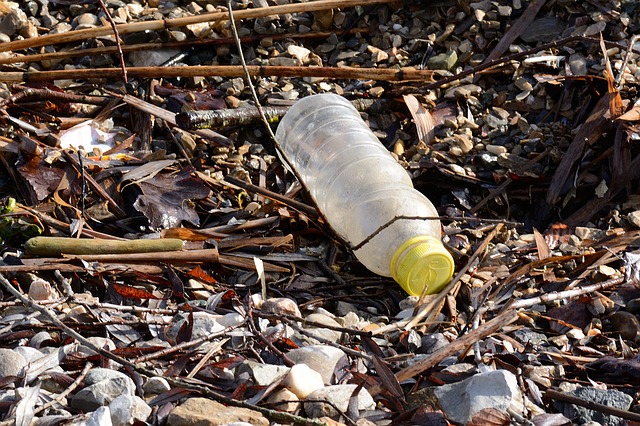clear
Can we create a "plastic free world" - and would we want to?
clear

source:
No picture
Yes, its possible to create plastic free world. Here are few things we can do:
• Give up bottled water • Carry reusable shopping bags • Carry your own containers for take out food and leftovers. • Carry a stainless steel travel mug or water bottle at all times for coffee and other drinks while out in the world. • Carry reusable utensils and glass drinking straws. • When ordering pizza, say no to the little plastic “table” in the middle of the pizza box. • Treat yourself to an ice cream cone. • Cut out sodas, juices, and all other plastic-bottled beverages. • Buy fresh bread that comes in either paper bags or no bags. • Return containers for berries, cherry tomatoes, etc. to the farmer’s market to be reused. • Bring your own container for meat and prepared foods • Choose milk in returnable glass bottles. • Try to choose only wine bottled in glass with natural cork stoppers. • Buy from bulk bins as often as possible. • Avoid buying new CDs and DVDs. • Choose refurbished equipment from a certified e-steward. • Look for secondhand electronics, games, and toys first. • Request zero plastic packaging when ordering online. • Bring your own beverage container & utensils to parties and events. • Avoid the Worst Plastics
There are around hundred’s of things you can do to keep your city and world plastic free.
 1
1
clear
Plastics take a very long time to degrade - 450-1000 years. Even if you grind the plastic into tiny grains, it hasn't gone anywhere, it's just a very small piece of plastic. This plastic is being heaped up in landfill, being found in the sea, and even in the guts of fish. Sealife are being killed by plastic rubbish in the sea, and our beaches are littered with rubbish that washes up. What is the solution? We use so much more plastic than 60 or 70 years ago. Then, if things were made of plastic the were intended to last - like telephones, drinks trays, and other household items. Now it is used for things that are NOT meant to last, because it is light, strong, waterproof and durable. Disposable items like drinking straws, coffee cups, water bottles and plastic bags were unknown back in the 1940s, and now we revel in their disposability, because we can use them when we're out and about and not have to think about carrying around food and equipment in case we need refreshments, like our parents and grandparents did - a thermos full of coffee, our own sandwiches wrapped in greaseproof paper and carried in a tin. String shopping bags that packed away small were also used. It seems like a lot to haul around, but it's cheaper and more environmentally friendly to do so.
 0
0
clear
Why would we not want to??? If plastics were crucial for our survival, how did mankind survive pre-plastics? Note plastics are related to the fossil fuel industry, a very powerful sector/ lobby!
 0
0
clear
I think yes, because: The United Nations (UN) Environmental Assembly was held in Nairobi, Kenya, in December 2017. For the first time in the UN Environment Assembly, world leaders have signed resolutions to clean up our air, land and water. UN Member States have recognized that increasing trends in production and consumption are detrimental to human health and the environment. The Assembly paid special attention to plastic pollution and the accumulation of waste in the oceans, urging governments to implement measures to prevent the use of plastic waste, such as bottles and other disposable packaging. "If the current pollution does not decrease, then by 2050, At sea, there will be more plastic than fish, "said the United Nations Environment Program (UNEP). The UNEP also announces that 8 million tonnes of various plastics - bottles, packaging and other plastic waste - are being emitted every year to the ocean, destroying ecosystems and entering food chains. According to the latest Sea At Risk report, more than half of the plastics waste entering the oceans and seas in Europe consists of bottles and cups for taking away coffee.
 0
0
clear
 Ignas Mikalauskas
5 years, 8 months ago
Ignas Mikalauskas
5 years, 8 months ago